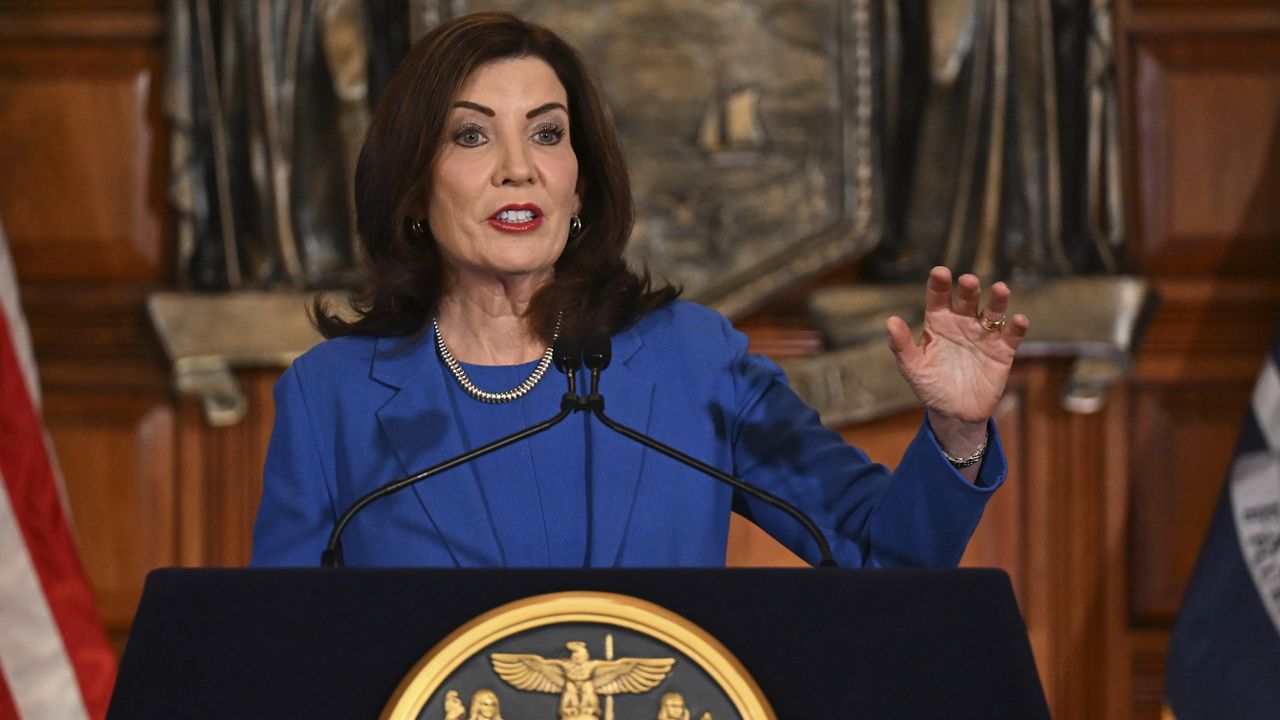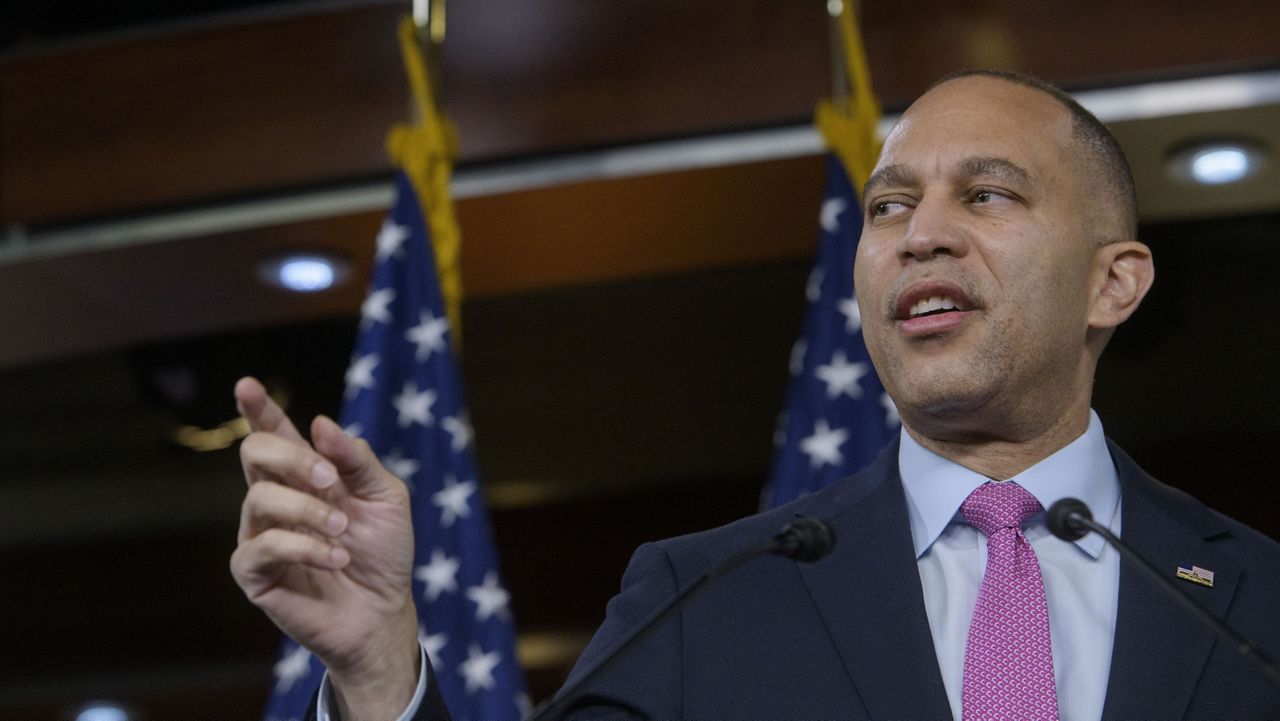In 2009, then-U.S. Attorney General Eric Holder made an announcement that seemed a long time in coming.
“After eight years of delay, those allegedly responsible for the attacks of September the 11th will finally face justice,” he said. “They will be brought to New York — to New York — to answer for their alleged crimes in a courthouse just blocks away from where the Twin Towers once stood.”
What You Need To Know
- The plea deal announced Tuesday spared Khalid Shaikh Mohammad and two 9/11 co-defendants from the death penalty, and brought a long legal saga to an end
- In 2009, the Obama administration announced plans to try the case in federal court in Lower Manhattan, but changed course amid fierce backlash
- In 2012, the defendants were instead arraigned in a military commission in Guantanamo Bay, Cuba, but the case was plagued by delays and never reached trial
At the time, the Obama administration believed the trial of 9/11 mastermind Khalid Shaikh Mohammad and four alleged co-conspirators was close at hand. But the plan to hold the trial in federal court in Lower Manhattan sparked a massive backlash, with 9/11 families and Lower Manhattan residents holding protests over concerns about safety and security.
Local officials were split. “We know how to conduct trials of terrorists. We’ve had trials of terrorists here in New York,” Rep. Jerrold Nadler said.
“Have a federal court trial, but have it on a military installation,” City Councilwoman Julie Menin, the then-chairwoman of Manhattan Community Board 1, told NY1.
“I can tell you, I would prefer if it was done elsewhere,” then-Mayor Michael Bloomberg said on his weekly radio show in January 2010.
Sen. Charles Schumer also came to oppose the idea. “Large parts of downtown might have to be in lockdown for periods of time. And then of course [concerns] about safety,” he said. “Those concerns led me to call the White House and argue that they explore alternatives.”
The uproar caused a delay, and after Congress took action to block the move, the White House reluctantly gave in.
“I grew up in New York City, you know? I grew up in Queens, I went to school in Manhattan,” Holder said in reversing the decision in April 2011. “I had full confidence in the ability of the people of New York — the authorities in New York — to try this case safely and securely in New York City.”
Instead, the case was moved to the U.S. Naval base in Guantanamo Bay, Cuba, to be tried before a military commission. Khalid Shaikh Mohammad and his co-defendants were finally arraigned in 2012, a major media event also attended by a small group of victims’ families.
“The time to answer for acts of terrorism is here,” Tara Henwood Butzbaugh, who lost her brother on 9/11, said.
But problems were evident from the start. The defendants were defiant in court; the new venue led to endless legal battles over procedural issues and how to account for torture performed at CIA black sites; and travel logistics slowed the timetable.
Long-ago promises of justice faded.
“The most important thing for me is that they pay the ultimate price for what they did to us,” then-Secretary of State Hillary Clinton said in 2009.
In fact, the plea deal announced this week means Khalid Sheik Mohammad and two co-defendants will avoid paying with their lives. Instead, they will likely receive life sentences in exchange for guilty pleas, and a trial well over a decade in the making will never have gotten off the ground.








